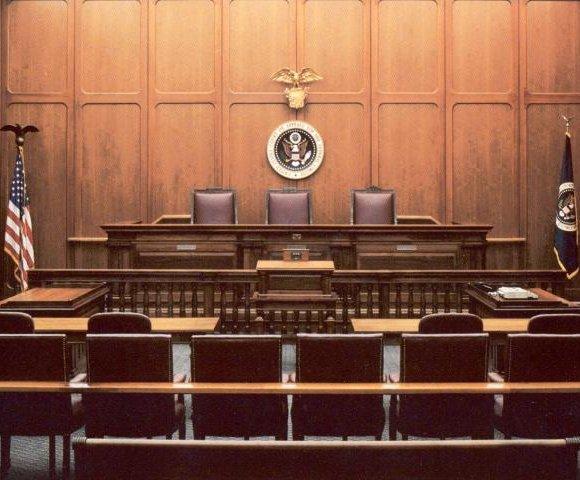Judges from the U.S. Court of Appeals for the Federal Circuit heard arguments regarding a December ruling from District Judge Lucy Koh which denied Apple's request to ban sales of certain Samsung Galaxy devices, reports Reuters.
Apple lawyer Michael Jacobs asserted that the company does not need to show a causal link between patent infringement and loss of customers in order to obtain an injunction, implying that it is enough to show that Samsung likely infringed and that the iPhone maker is likely to be hurt. Koh recently acknowledged five Apple patent definitions as part of claim construction in the ongoing California case, but that has little bearing on previous findings that there was not enough evidence for a causal link.
"It is not clear that an injunction on Samsung's accused devices would prevent Apple from being irreparably harmed," Koh wrote of the December ruling.
Judge William Bryson likened Apple's argument to the hypothetical case of a car manufacturer that copied a cupholder design from a second manufacturer. Following Apple's assertion, if the second manufacturer were to lose market share for any reason, it could ask for an injunction of cars made by the first manufacturer that use the cupholder.
"Can that possibly be right?" Judge Bryson asked.
Another judge hearing the case, Judge Sharon Prost, explained that harm as represented by lost customers ""could have been for reasons completely different from the infringement."
Jacobs is pushing for an immediate stoppage of sales because even if it wins an upcoming federal court trial scheduled for July, benefits may not be seen until late 2012.
U.S. Court of Appeals for the Federal Circuit. | Source: United States Courts
As part of Friday's hearing, the judges attempted to solidify what evidence Apple would need in order to prove that a competitor profited off of an infringed patent. The matter is complicated because it is difficult to accurately quantify why a consumer chooses a certain product.
"We know it is a combination of elements that goes into any purchasing decision," Jacobs said.
Mentioned during the hearing was the so-called "snap-back" feature that is found in both Samsung and Apple's devices.
Samsung lawyer Kathleen Sullivan claims that the South Korean electronics giant did not copy any part of Apple's design for this particular feature, but qualifies the statement by adding that even if it did, "snap-back" would not be a primary draw for consumers.
"There is absolutely no evidence that any consumer, as opposed to an engineer, has said, 'I'm going to purchase something because of this snap-back feature,'" Sullivan said.
Samsung has been accused by Apple of infringing on patents to mimic the look and feel of the iPhone and iPad. The dispute has grown to at least 30 complaints that span across four continents.
 Mikey Campbell
Mikey Campbell







-m.jpg)






 William Gallagher
William Gallagher
 Wesley Hilliard
Wesley Hilliard

 Christine McKee
Christine McKee
 Malcolm Owen
Malcolm Owen

 Andrew Orr
Andrew Orr





-m.jpg)




81 Comments
Judge William Bryson likened Apple's argument to the hypothetical case of a car manufacturer that copied a cupholder design from a second manufacturer.
Sounds about right.
Sounds about right.
No, it would be like a car company copying the outline of another car company's chassis, making it bigger, and calling it innovation. Make no mistake: when the original Galaxy S came out, there was no question that Samsung was going after the look and feel of the 3GS, which was the phone out at the time. Then you look at the Galaxy Tab, the dock connector cable, the charger, the smart cover, the keyboard dock, TouchWiz..... it goes on and on.
I'm not saying Samsung makes crap products. They are actually pretty good. I just wonder how good they would really be if they didn't have Apple for their "inspiration".
They would be making clones of Acer's netbook and phones that resemble Motorola's Razr.
"I just wonder how good they would really be if they didn't have Apple for their "inspiration"."
They would be making clones of Acer's netbook and phones that resemble Motorola's Razr.
Touche!
Of course they won't get an injunction. It's very difficult to get an injunction in US courts. Even if one is granted, there would be a time limit of several months for Samsung to comply (like the HTC case) such that Samsung would probably never lose a day of sales.
However, being denied an injunction does not mean Apple has a weak case.